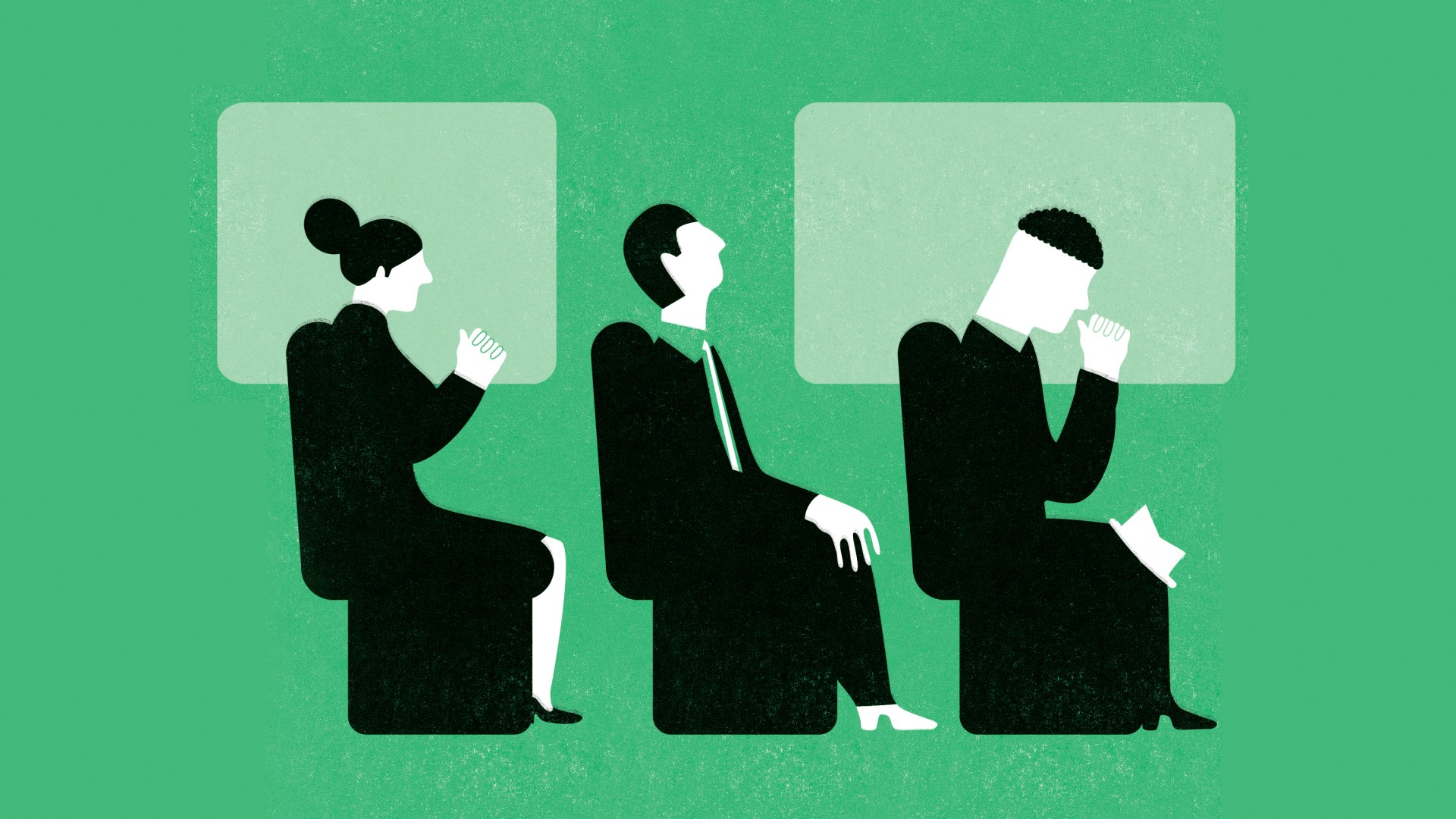On October 31, 1517, Martin Luther is said to have posted 95 theses, or “Disputation on the Power of Indulgences,” on the door of All Saints Church. The professor of moral theology at the University of Wittenberg was proposing an academic debate about indulgences—the practice of doing good works or offering money in order to remove punishment for sin.
Luther was disturbed by how indulgences encouraged people to pay for forgiveness rather than repent. Instead, Luther argued (as the first thesis notes): “Our Lord and Master Jesus Christ, when he said ‘Repent,’ willed that the whole life of believers should be repentance.”
That is as hard to swallow today as it was then. We are not the first to notice how absent the theme of repentance is today. Karl Menninger’s 1988 bestseller Whatever Became of Sin? could have easily included a sequel, Whatever Became of Repentance?
It only seems absent, however, because today we are quick to point out the failings, the foolishness, the prejudice, and the evil of others. When a leader or a group transgresses against the reigning political orthodoxy (whatever it might be at the moment), there are angry calls to retract or repudiate what has been said, along with demands for re-education or dismissal. We take some “sins” very seriously and insist the offenders “repent.” We just don’t use those words.
To honor the 500th anniversary of the Reformation, we Christians might insist anew that the whole life of the Christian is indeed about repentance. Jesus began his ministry with such a call: “Repent, for the kingdom of heaven has come near” (Matt. 4:17), and repentance is the key note in the early church’s preaching (Acts 2:38, 3:19, 5:31, 8:22, 11:18, 13:24, 17:30, 19:4, 20:21, 26:20).
And this should include not just others’ repentance but our own. Not just confessing sins against God but also sins against neighbor. We have recently learned how to prophetically speak truth to power but have lost the nerve to speak prophetically to ourselves. The problem is always out there, in an unjust institution or a careless or evil person.
We avoid repentance because we remain addicted to the drug of self-justification. “I don’t need to repent because I’m the one righteously calling out the social and personal sins of others.” Or “If I say I am complicit, it will give my political and social enemies leverage against me and my cause.” Or even more to the point, “If I were to really look at and then acknowledge how much self-centeredness and pride infects even my most righteous actions, I would have to admit I’m a hypocrite and a moral failure.”
Well, yes. Aren’t we all? That’s precisely why Jesus came, to save the world from itself and to save us from ourselves. That’s why the word repentance is usually connected to the phrase “good news,” as Mark highlights in his summary of Jesus’ early preaching: “Repent and believe the good news!” (1:15).
Repentance is the means by which we experience the forgiveness of sins, for one. This alone changes everything, of course. And thus it is also the means by which we can change the temperature of the angry debates in church, online, and in our culture. What if instead of stubbornly entrenching ourselves deeper in argument or accusations, we paused and said sincerely, “I’m sorry to say that I’ve contributed to this problem, and I have a lot to repent of.” Or “I have to admit that I’ve said some stupid and offensive things like the very thing I’m criticizing.” If we were to do that, yes, some would crucify us. This is the risk taken by followers of the crucified Lord, who teaches us to be meek and humble of heart. But often, this repentant posture disarms people and can turn caustic debate into humane conversation.
It also has a paradoxical effect. When John Perkins, one of the great racial reconcilers in this generation, recently said that if he could do it all over again he “would do more to help poor whites,” I not only respected him even more, I am now also inclined to listen even more carefully to whatever he has to say, especially about racial reconciliation.
Repentance toward God, repentance toward the neighbor—the whole life of the Christian is indeed a life of repentance. We alone may not be able to transform our culture of blame, but at least we can model another way to live with and disagree with one another. One might call it a culture of repentance.
Mark Galli is editor in chief of Christianity Today.
Do you agree? Disagree? Let us know here.









